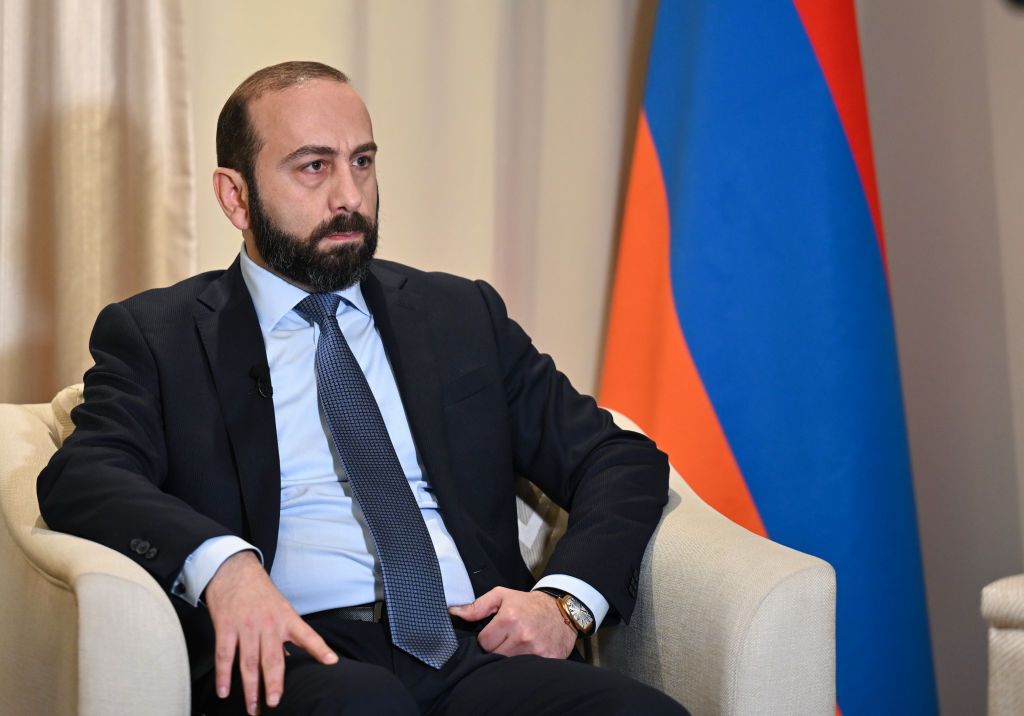Armenia threatens to leave Russian-led CSTO

Armenia will leave the Russian-led Collective Security Treaty Organization (CSTO) if the military alliance fails to address Armenia's collective security concerns, Prime Minister Nikol Pashinyan said at a press conference on March 12.
“If the CSTO answers the question of where the organization’s area of responsibility is in Armenia, and this question corresponds to our vision, then we will consider that the issue between us has been resolved. If not, then Armenia will leave the CSTO,” Pashinyan said.
The threat comes amid a growing rift between Yerevan and Moscow, which was exacerbated when Russia and its "peacekeepers" in Nagorno-Karabakh did not prevent Azerbaijan's armed seizure of the region.
According to Article 4 of the CSTO Treaty, if a member state experiences aggression, then all members states must come to its aid - similar to NATO's Article 5 principles.
The CSTO did not intervene during Azerbaijan's offensive in September 2023.
Pashinyan said in February that Armenia had "frozen" its participation in the Russian-led Collective Security Treaty Organization (CSTO) because it failed to uphold its objectives regarding Armenia.
In recent months, Armenia has further sought to distance itself from Russia - repeatedly accusing Moscow of being an unreliable partner.
Last week, Armenia's Foreign Minister Ararat Mirzoyan revealed that the country is considering applying for membership in the European Union, aiming to strengthen ties with the West. Yerevan also asked Russian "peacekeepers" who have been stationed at Yerevan's international airport since the country's independence to leave.
Since coming to power in a 2018 revolution, the government of Armenian Prime Minister Nikol Pashinyan has steadily deepened the country's ties with the West while drawing condemnation from Russia. Pashinyan and other Armenian officials have sought to foster security ties with other countries, such as France, the U.S., or India.
In January 2024, Armenia joined the International Criminal Court becoming one of 124 countries obliged to arrest Russian President Vladimir Putin if he steps foot in national territory. The Kremlin decried the move as an "unfriendly step" and "the wrong decision."
The CSTO, which was established in 2002, includes Russia, Armenia, Belarus, Kazakhstan, Tajikistan, and Kyrgyzstan.












